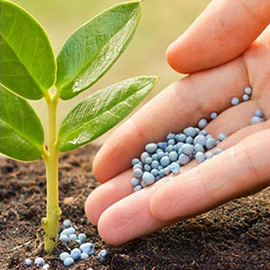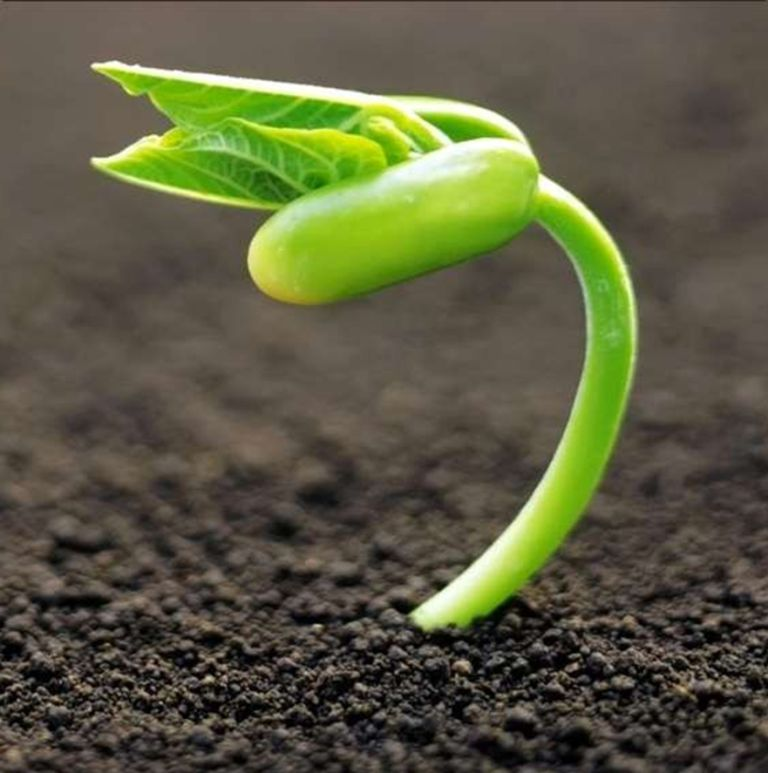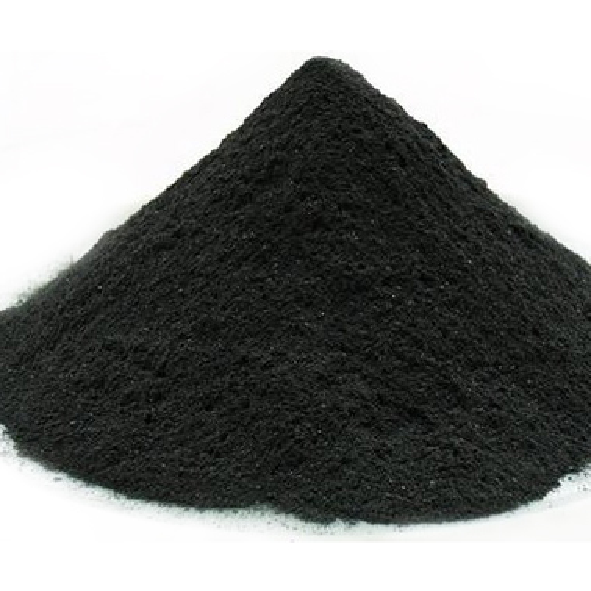- Home
- About
-
Products
- Natural Fertilizers
- Organic Potassium(K)
- Organic Nitrogen(N)
- Organic Phosphorus(P)
- Organic NPK Compound Fertilizer
- Quality Assurance
- Exhibition Show
- News
- Contact us



Basic Information:
Product Name: Urea Prill
Chemical Formula: CO(NH2)2
Formula Weight: 60.06 g/mol
H2O Solubility (20℃): 1,080 g/L
HS CODE: 3102100090
Place of Origin: China
Product Description*:
Urea is the most widely used solid N fertilizer in the world. Urea is also commonly found in nature since it is expelled in the urine of animals. The high N content of urea makes it efficient to transport to farms and apply to fields.
Urea is an excellent nutrient source to meet the N demand of plants. Because it readily dissolves in water, surface-applied urea moves with rainfall or irrigation into the soil. Within the soil, urea moves freely with soil water until it is hydrolyzed to form NH4+. Care should be used to minimize all N losses to air, surface water, and groundwater. Avoid urea applications when the fertilizer will remain on the soil surface for prolonged periods of time. Undesired N losses may also result in loss of crop yield and quality.
Urea is a high N-containing fertilizer that has good storage properties and causes minimal corrosion of application equipment. When properly managed, urea is an excellent source of N for plants.
Guaranteed Specifications:GB/T 2440-2017
 Production*:
Production*:
The production of urea fertilizer involves controlled reaction of ammonia gas (NH3) and carbon dioxide (CO2) with elevated temperature and pressure. The molten urea is formed into spheres with specialized granulation equipment or hardened into a solid prill while falling from a tower.
During the production of urea, two urea molecules may inadvertently combine to form a compound termed biuret, which can be damaging when sprayed onto plant foliage. Most commercial urea fertilizer contains only low amounts of biuret due to carefully controlled conditions during manufacturing. However, special low-biuret urea is available for unique applications.
Urea manufacturing plants are located throughout the world, but most commonly located near NH3 production facilities since NH3 is the major input for urea. Urea is transported throughout the world by ocean vessel, barge, rail, and truck.
Application*:
Agricultural use
Urea is used in many ways to provide N nutrition for plant growth. It is most commonly mixed with soil or applied to the soil surface. Due to the high solubility, it may be dissolved in water and applied to soil as a fluid, added with irrigation water, or sprayed onto plant foliage. Urea in foliar sprays can be quickly absorbed by plant leaves.
After urea contacts soil or plants, a naturally occurring enzyme (urease) begins to quickly convert the urea back to NH3 in a process called hydrolysis. During this process, the N in urea is susceptible to undesirable gaseous losses as NH3. Various management techniques can be used to minimize the loss of this valuable nutrient.
Urea hydrolysis is a rapid process, typically occurring within several days after application. Plants can utilize small amounts of urea directly as a source of N, but they more commonly use the ammonium (NH4+ ) and nitrate (NO3-) that are produced after urea is transformed by urease and soil microorganisms.
Non-agricultural uses
Urea is commonly used in a variety of industries. It is used in power plants and diesel exhaust systems to reduce emission of nitrous oxide (NOx) gases. Urea can be used as a protein supplement in the diet of ruminant animals, such as cattle. Many common industrial chemicals are made using urea as an important component.
*Source: Nutrient Source Specifics (No. 1), International Plant Nutrition Institute.
Packaging:
We effectively solved the problem of the caking of fertilizer by improving the appearance and quality of packages such as the thickness of inner bags, the tightness of bags and loading capacity of outer bags.
All kinds of customized packages can be provided according to customer’s requirements.
JS group dedicates to provide a one stop solution for fertilisers with over 15 years of experience in the industry.With the robust international quality management system of ISO 9001, we exercise strict supervision over the entire supply chain, from production and transportation to storage and sales.Our production capabilities include two dedicated factory workshops for ammonium sulfate and potassium nitrate, with customized packagings and tailored product formulations catering to your need.